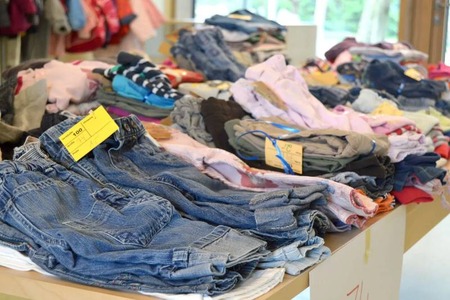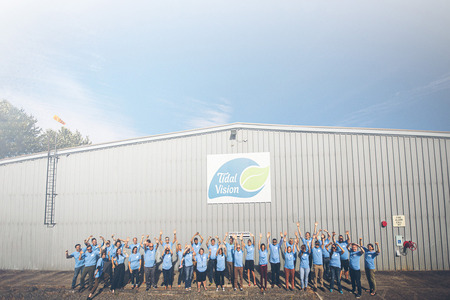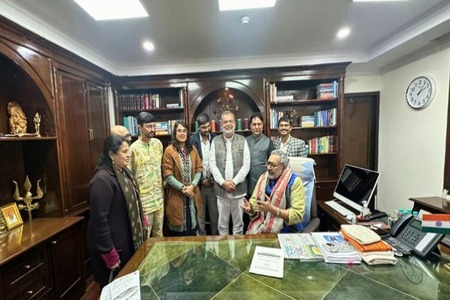Bengal jute industry in crisis due to illegal import of cheap fibre from B'desh
YarnsandFibers News Bureau 2016-08-24 17:00:00 – KolkataBengal’s jute industry once the backbone of the state is currently under worst crisis created mainly by enemies from within. Some of the mill owners were illegally importing cheap jute bags from Bangladesh and Nepal, thereby defeating the very purpose of the Centre’s ‘incentives’ to jute growers and protection to the industry by way of fixed raw jute price and guaranteed jute bags procurement quota for mills, Jut Commission Subrata Gupta opined.
Early this month, the Jute Commissioner’s office after a surprise raid seized huge quantity of jute bags worth several crore of Rupees from two warehouses in Howrah is also a clear proof of the modus operandi of some of the unscrupulous mill owners are resorting to for making some quick bucks though sealing the industry’s future.
The bags were being siphoned off illegally for sale in the ‘open’ market, confirmed an official. Incidentally, Jute Commissioner, Subrata Gupta, who had prior knowledge of such malpractices being adopted by a section of mill owners clarified that jute bags procured by the Union government are compulsorily marked and stamped by mills concerned before dispatch.
Some mills and raw jute dealers have also been caught ‘red-handed’, hoarding jute for speculative purposes and in order to artificially jack up price and create scarcity. While dealers are not permitted to stock up more than 1700 quintals, mills are allowed to store up requirements for two months only.
As for records, about 40 lakh families are engaged in jute cultivation across Bengal, the state’s annual raw jute production totals 75 lakh bales out of the country’s aggregate of 100 lakh bales.
Its mills (nearly 60) employing over 2.5 lakh workers account for 90 per cent (12.5 lakh tonnes) jute goods manufactured in India. The Centre and its agencies (including FCI) procure 65 per cent of the jute bags manufactured by Bengal’s mills, in compliance with its policy of compulsory jute materials packaging for 90 per cent of food grains and 20 per cent of sugar.
Meanwhile, state government can no longer sit tight over Gupta’s proposals for saving chronically sick jute industry from mounting onslaughts by hordes of ‘fly-by-night’ operators.
Market Intelligence
Ask for free sample Report

experience
Customer Base
dedicated team
Countries Served Worldwide









